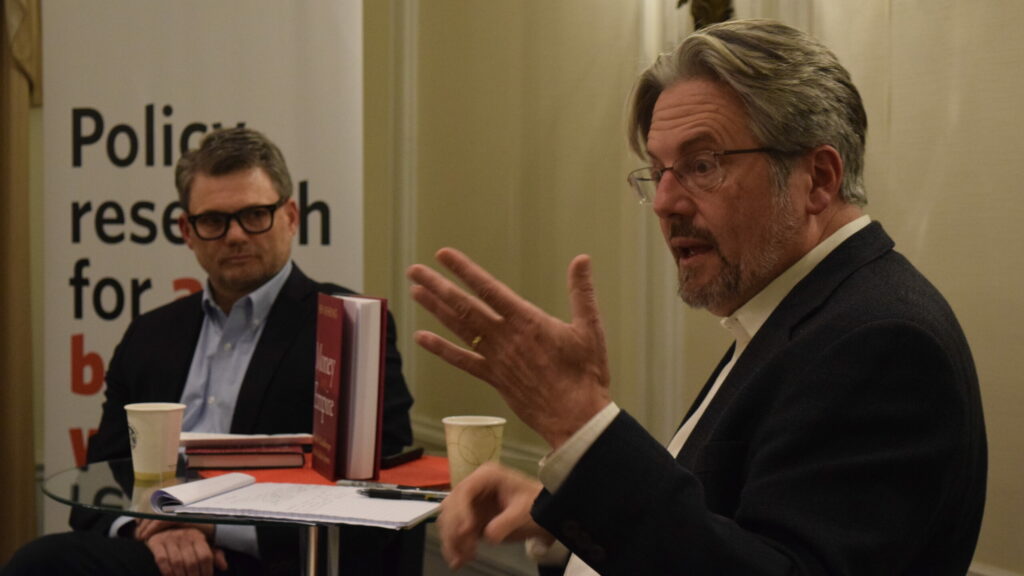Mehrling Offers Insight on the Life of Charles Kindleberger & Global Dollar System

In an appearance on the Top Traders Unplugged podcast, Perry Mehrling, Professor of International Political Economy at Boston University’s Frederick S. Pardee School of Global Studies, discusses his latest book – Money and Empire: Charles P. Kindleberger and the Dollar System – as well as how the life of Kindleberger serves as an insightful lens into the modern economics.
Mehrling discusses why Kindleberger thought the world needed a “key currency,” how the United States Federal Reserve – reluctantly and slowly – grew to support the dollar as it took on that role, as well as why the dollar system has proved so resilient. Mehrling also offered an examination of the Fed’s two most important tools – Quantitative easing (QE), which refers to the Fed’s purchases of vast treasury securities issued by government-sponsored enterprises and federal agencies to achieve its monetary policy goals, and swap lines, which are agreements between central banks to exchange their countries’ currencies with one another – and explains why one supports the system while the other might undermine it.
The full podcast can be listened to below.
Perry Mehrling is a Professor of International Political Economy at the Pardee School and teaches courses on the economics of money and banking, the history of money and finance, and international money. He is the author of The New Lombard Street: How the Fed became the dealer of last resort (Princeton 2011), Fischer Black and the Revolutionary Idea of Finance (Wiley 2005), and The Money Interest and the Public Interest (Harvard 1997). For more about Professor Mehrling, visit his Pardee School faculty profile or his personal website.